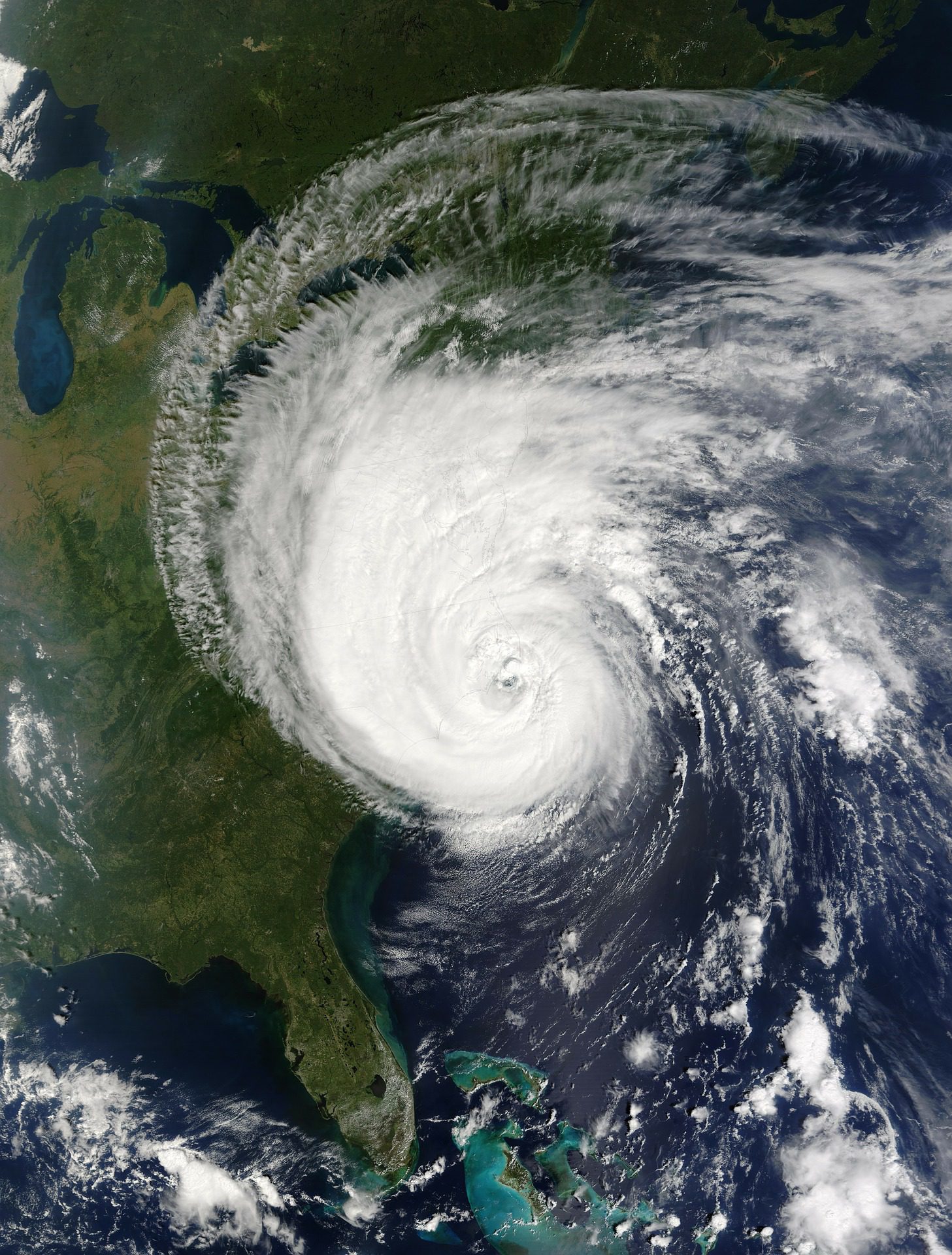
In New York and the surrounding area, we know firsthand how important disaster planning is. At Mackoul & Associates, we want to do everything we can to make sure you are adequately prepared for the 2014 Hurricane Season. Below are some important long-term and short-term storm preparation tips to get you ready this year and for the years ahead.
Long-Term
Long-term plans should be established and reviewed on a regular basis. Long-term planning includes construction work made to increase the hurricane resistance of the property. Check the resistance of these improvements periodically. You should also follow the below precautions:
- Inspect the trees and shrubbery surrounding the property. Consider removing those that look unhealthy or cut the limbs of trees that loom over your property (or your neighbor’s property).
- Verify that roof coverings, gutters, downspouts and drains are in good condition.
- If there are any signs, shutters or decorative additions on your property, make sure that they are properly secured.
- Repair weak or damaged door latches and hinges.
- Review your insurance policy and speak to your insurance agent about your vulnerabilities. This is especially important when considering Flood Insurance. Flood zones and property requirements change often, so it’s important to periodically check your flood zone status.
Short-Term
Short-term planning for hurricanes include the following precautionary measures:
- Build an Emergency Kit and develop an Emergency Evacuation Plan and an Emergency Contact List.
- Cover all of your property’s windows. Permanent storm shutters offer the best protection for windows. A second option is to board up windows with 5/8” plywood.
- Install straps to securely fasten your roof to the frame structure. This will reduce roof damage.
- Clear loose and clogged rain gutters and downspouts.
- Bring in all outdoor furniture, decorations and garbage cans.
- Consider purchasing a generator in case you lose power.
- Store important documents a watertight container.
- Turn the refrigerator to its coldest setting in case the power goes off. Use a cooler to keep from opening the doors on the freezer or refrigerator.

